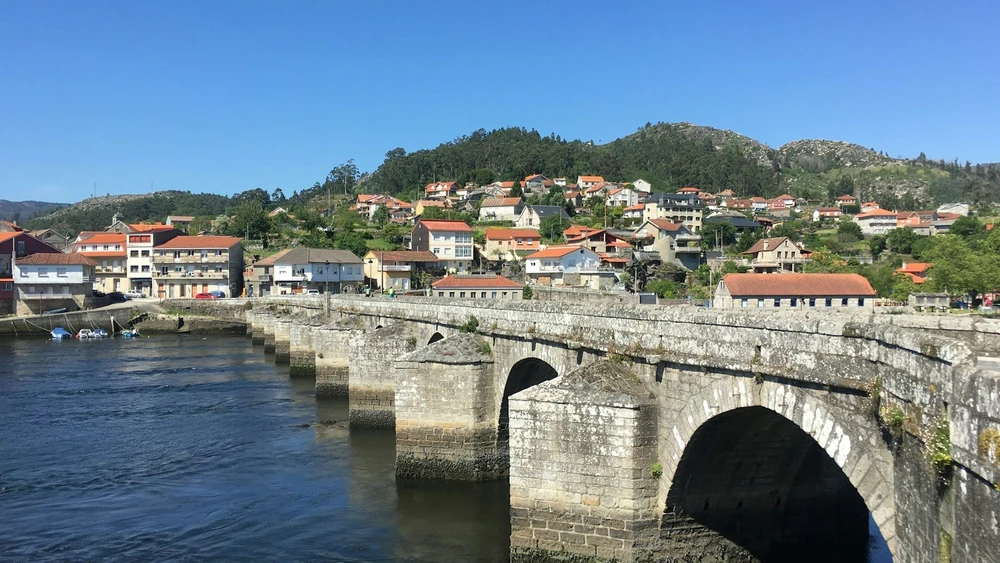
WiFi4EU: free Internet access in public spaces across Europe
Published onIn the digital age in which we live, access to the Internet has become a basic need. It is no longer just a tool for entertainment or communication, but it is also crucial for access to education, information and public services. However, not everyone has access to a fast and reliable connection, especially in rural areas or less developed communities.
This is where WiFi4EU comes into play, a European Union initiative designed to provide free Internet access in public spaces across Europe. But what exactly is WiFi4EU and how is it benefiting local communities?
What is WiFi4EU?
WiFi4EU is a program launched by the European Union in 2017 with the objective of providing free access to Wi-Fi in public places such as parks, squares, libraries, government buildings and other community spaces. The main objective of the initiative is to improve connectivity in areas where Internet access may be limited, either due to lack of infrastructure or the inability to pay for connectivity services.
How does it work?
The operation of WiFi4EU is relatively simple. Local authorities, such as municipalities or regional administrations, can apply for WiFi4EU vouchers through regular calls organized by the European Commission. These bonds can be used to finance the installation of Wi-Fi access points in specific public places within the community.
Once the bonds are awarded, local authorities are responsible for selecting Internet service providers and coordinating the installation of the necessary infrastructure. Once the installation is complete, citizens and visitors can connect free of charge to the WiFi4EU network in those locations for at least three years.
Who can participate in this initiative?
Participation is open to all public bodies in member States of the European Union, as well as in the European Economic Area, including Norway and Iceland. However, only municipalities or local associations can participate in the various calls.
Each municipality can obtain a single voucher during the period of the WiFi4EU initiative. Therefore, those municipalities that have already received a bonus in a call will not be able to participate in future calls. On the other hand, municipalities that have not obtained any bond from the European Commission can resubmit their application multiple times.
What costs does this voucher cover?
The WiFi4EU voucher is a grant designed to cover exclusively the costs of equipping and installing Wi-Fi access points in public spaces. Therefore, it is up to the localities to bear the costs related to Internet access, as well as the maintenance and repair of the equipment for a minimum period of three years.
Steps to submit the call:
-
Registration on the WiFi4EU portal: to participate, it is necessary to register on the WiFi4EU portal using an active and current EU Login account. During the opening of a call, localities that have not yet been beneficiaries of a bond have the right to submit their application.
-
Submission of Documents: Once registration is complete, each municipality must submit a series of necessary documents, including:
- Form duly completed, attaching a copy of the identity document of the legal representative of the municipality, that is, the mayor. This form is available in all languages of the member countries of the European Union.
- Signed copy of the certificate of appointment or document certifying the legal representation of the municipality by the above-mentioned representative.
It is important to note that, in accordance with the European Union Regulation, grants will not be awarded retroactively. This means that, if a municipality has completed the installation of WiFi4EU before the signing of the grant agreement, it will not be entitled to receive the bonus.
Once a town receives the voucher together with the grant agreement from the European Commission, it must proceed with the procedures and the installation of Wi-Fi access points in public spaces. The municipality must first hire the services of a company specialized in wireless network installations and then select the public places where these points will be installed, considering areas with similar offers of free connectivity.
To redeem the European Commission voucher, the company in charge of the installation must meet certain requirements, including being registered on the WiFi4EU portal, being selected by the municipality, providing their bank details and submitting installation information approved by the municipality and the European Commission.
Benefits of WiFi4EU
It offers a number of benefits both for residents of local communities and for visitors. Some of these benefits include:
- Free Internet access: allowing people to access information, online services and communicate more effectively.
- Tourism promotion: improves the tourists’ experience by providing them with access to free Wi-Fi in public areas, which can increase the attraction of local tourist destinations.
- Digital inclusion: helps to bridge the digital divide by providing Internet access in areas where connectivity may be limited, allowing more people to participate in the digital economy and access educational and employment opportunities.
- Promotion of social cohesion: creates community spaces where people can meet, interact and share ideas, contributing to the social and economic development of the region.
In short, WiFi4EU is a valuable initiative that is helping to connect communities across Europe by providing free Internet access in public places, both to residents and visitors. By fostering digital inclusion and improving people’s quality of life, WiFi4EU is playing an important role in building a more connected and equitable future for all.